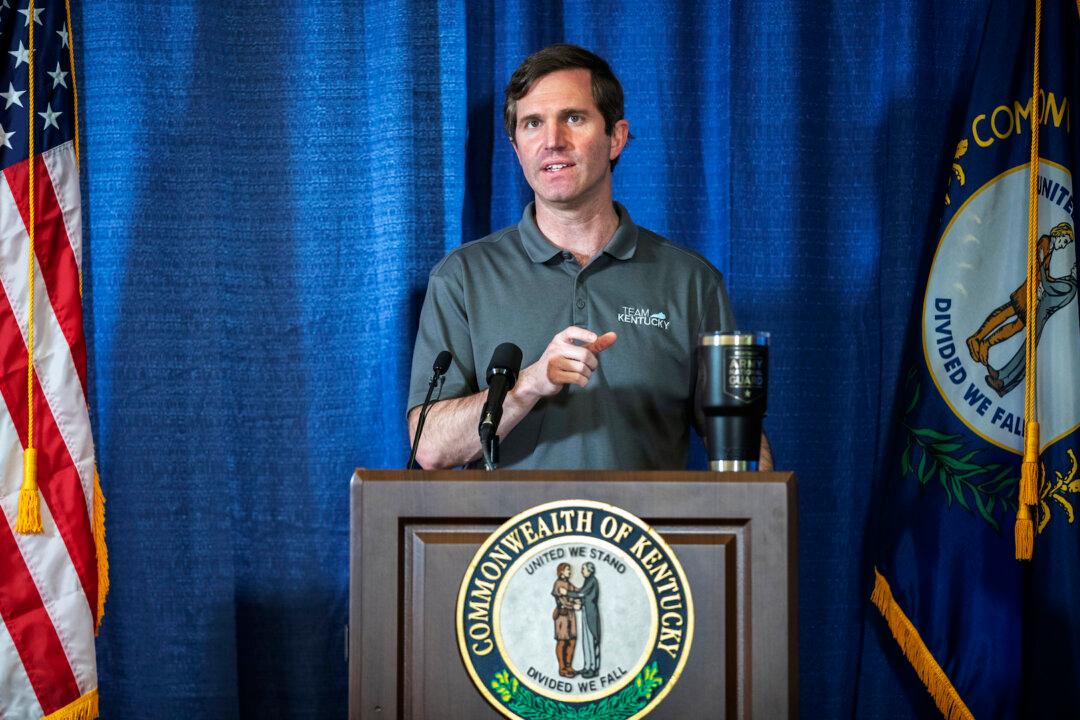Kentucky Gov. Andy Beshear promised 100 percent health insurance coverage for African Americans in his state in wake of the health care disparities highlighted by the CCP virus pandemic.
“My commitment today is we’re going to begin an effort to cover 100 percent of our individuals in our black and African American communities,” Beshear said according to Lexington Herald-Leader.





